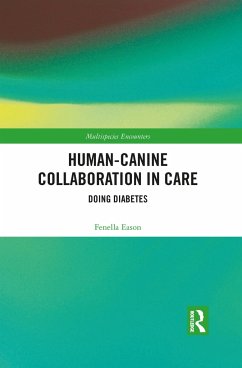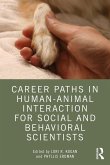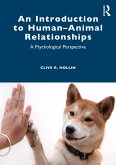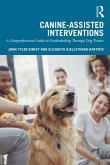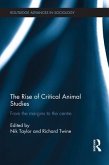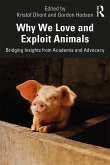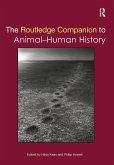Adopting an anthrozoological perspective to study the participation of non-human animals in regimes of care, this book examines the use of canine scent detection to alert 'hypo-unaware' individuals to symptoms of human chronic illness. Based on ethnographic research and interviews, it focuses on the manner in which trained assistance dogs are able to use their sense of smell to alert human companions with Type 1 diabetes to imminent hypoglycaemic episodes, thus reducing the risk of collapse into unconsciousness, coma or, at worst, death. Through analyses of participant narrations of the everyday complexities of 'doing' diabetes with the assistance of medical alert dogs, the author sheds light on the way in which each human-canine dyad becomes acknowledged as a team of 'one' in society. Based on the concept of dogs as friends and work colleagues, as animate instruments and biomedical resources, the book raises conceptual questions surrounding the acceptable use of animals and their role within society. As such, this volume will appeal to scholars across the social sciences with interests in human-animal interactions and intersections. It may also appeal to healthcare practitioners and individuals interested in innovative multispecies methods of managing chronic illness.
"Fenella Eason's investigation of how the chronically ill engage with medical alert assistance dogs in their daily lives serves as an example of how research can be both empirically rigorous and compassionate. It is timely, top-notch scholarship. It will inspire research in multispecies ethnography, the sociology of health and illness, anthrozoology, and anthropology." - Leslie Irvine, Professor of Sociology, University of Colorado Boulder, USA
"A novel and moving account of multi-species relationships where health and wellbeing is becoming a more-than-human accomplishment. It sets the standard for future work on animal-assisted care of chronic illness." - Hannah Brown, Associate Professor of Anthropology, University of Durham, UK
"A novel and moving account of multi-species relationships where health and wellbeing is becoming a more-than-human accomplishment. It sets the standard for future work on animal-assisted care of chronic illness." - Hannah Brown, Associate Professor of Anthropology, University of Durham, UK
"Fenella Eason's investigation of how the chronically ill engage with medical alert assistance dogs in their daily lives serves as an example of how research can be both empirically rigorous and compassionate. It is timely, top-notch scholarship. It will inspire research in multispecies ethnography, the sociology of health and illness, anthrozoology, and anthropology." - Leslie Irvine, Professor of Sociology, University of Colorado Boulder, USA
"A novel and moving account of multi-species relationships where health and wellbeing is becoming a more-than-human accomplishment. It sets the standard for future work on animal-assisted care of chronic illness." - Hannah Brown, Associate Professor of Anthropology, University of Durham, UK
"A novel and moving account of multi-species relationships where health and wellbeing is becoming a more-than-human accomplishment. It sets the standard for future work on animal-assisted care of chronic illness." - Hannah Brown, Associate Professor of Anthropology, University of Durham, UK

